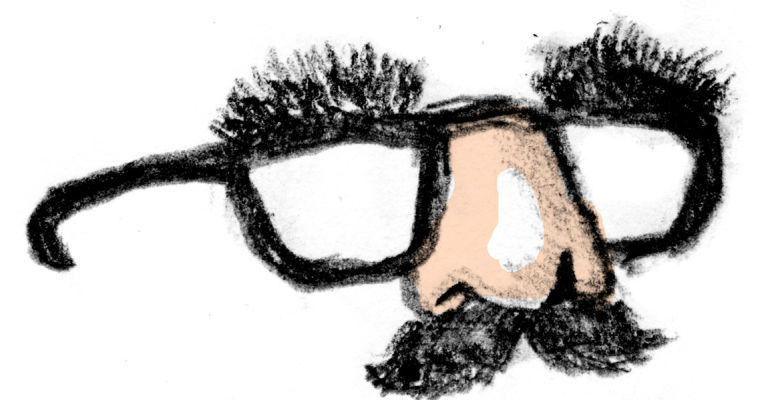Comedy oriented classes could teach students important skill
I have not found much to complain about St. Edward’s University in the time that I have been here.
There are aspects of this place that make me seriously question why I do not just go home after a hard day, pack my worldly possessions, steal a Benz and drive into the sunset. God knows I once got as far as casing the car in a dark time, but there are good aspects as well, which is why we are all still around.
There is one thing we do not have, though, is a series of classes about writing and performing comedy. Not only is this an untapped potential job market, it would also be something students would enjoy studying for a change.
Why, instead of pushing our writing students towards painfully dull career fields, like tech writing and rhetoric, can we not have them write jokes in an in-depth analysis of Chris Rock’s legendary “There’s Two Types of Black People” routine?
Instead of strangling the theater majors with Shakespeare and the 5000th “Death of A Salesman” re-run, can we not let them study “Eddie Murphy Raw” and then rock the mic at the Cap City Comedy Club?
Here is the thing: humor is a very potent skill and it is one that is needed, regardless of economic trends. One of the most obvious jobs for this kind of writing is late night talk shows and television sitcoms.
What? You thought the performers came up with all those monologues themselves?
“Saturday Night Live” has writers.
“The Daily Show” and “The Colbert Report” have writers.
Even the people working on “Game of Thrones” or “Breaking Bad” were writing jokes to go with all the blood. Better yet, the writing is what becomes the performances.
The drama and communication departments could absolutely add classes that focus on humor and “making funnies” in front of an audience or a camera.
Also, it is a great place for students to debate and think about humor based topics and the questions comedy sometimes raises.
Is it possible to take a joke too far?
If so, where is that line?
Should jokes about dark or controversial topics be told and how can they be made funny?
Universities like Columbia, Northwestern and even Harvard have ongoing classes and forums that deal with humor, and they likely do all of these things.
I did not just pull this argument out of nowhere. After months of pitching, I actually got to write humor on the internet over the summer for the king of all comedy sites, Cracked.com. They paid me a large sum of money for ideas I wrote out, and put them up for the world to view. Not just once, but several times.
Yeah, millions. And like Pharrell would say, you can do it too. I’d add “If you’re patient and persistent” to the beginning of that, but still, I m living proof that there’s a market for this kind of stuff, and I taught myself.
Humor is a useful tool for communication that students would use. Now when is academia gonna get with it?







